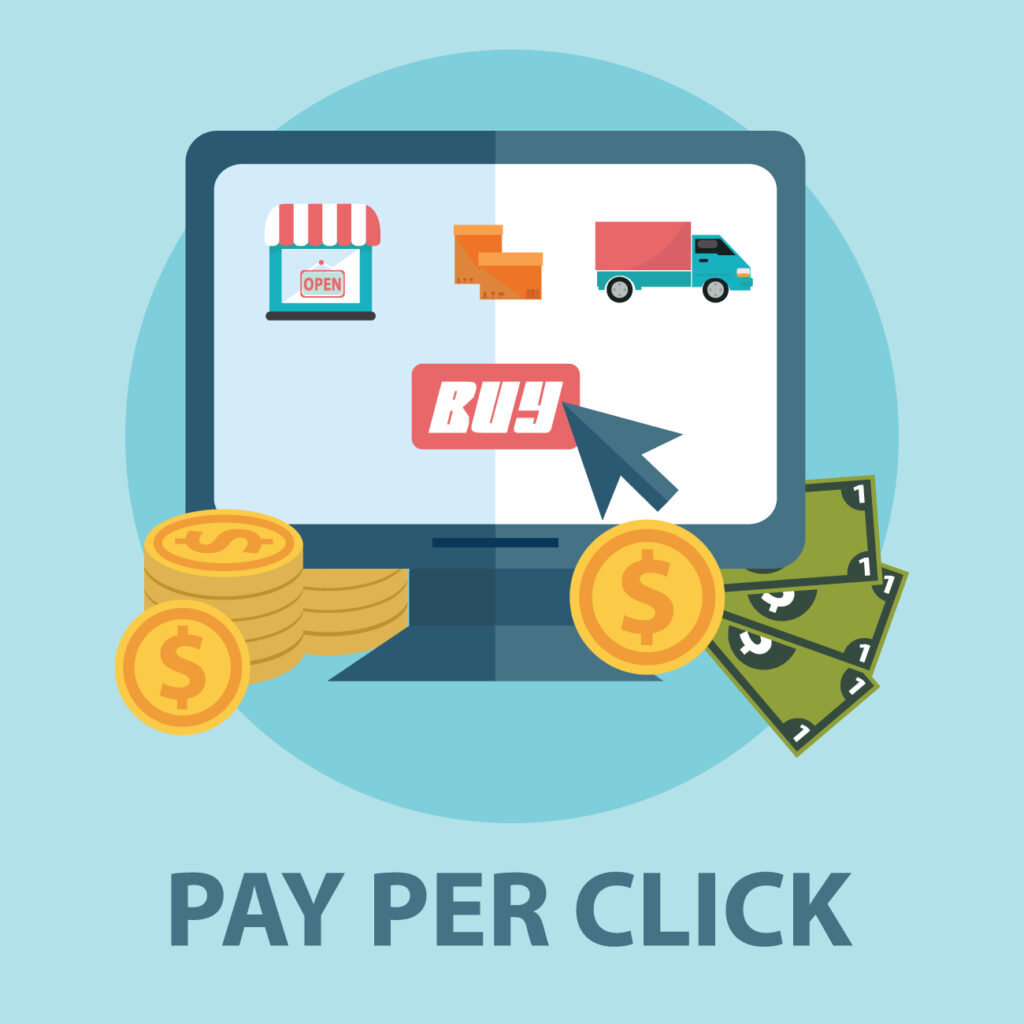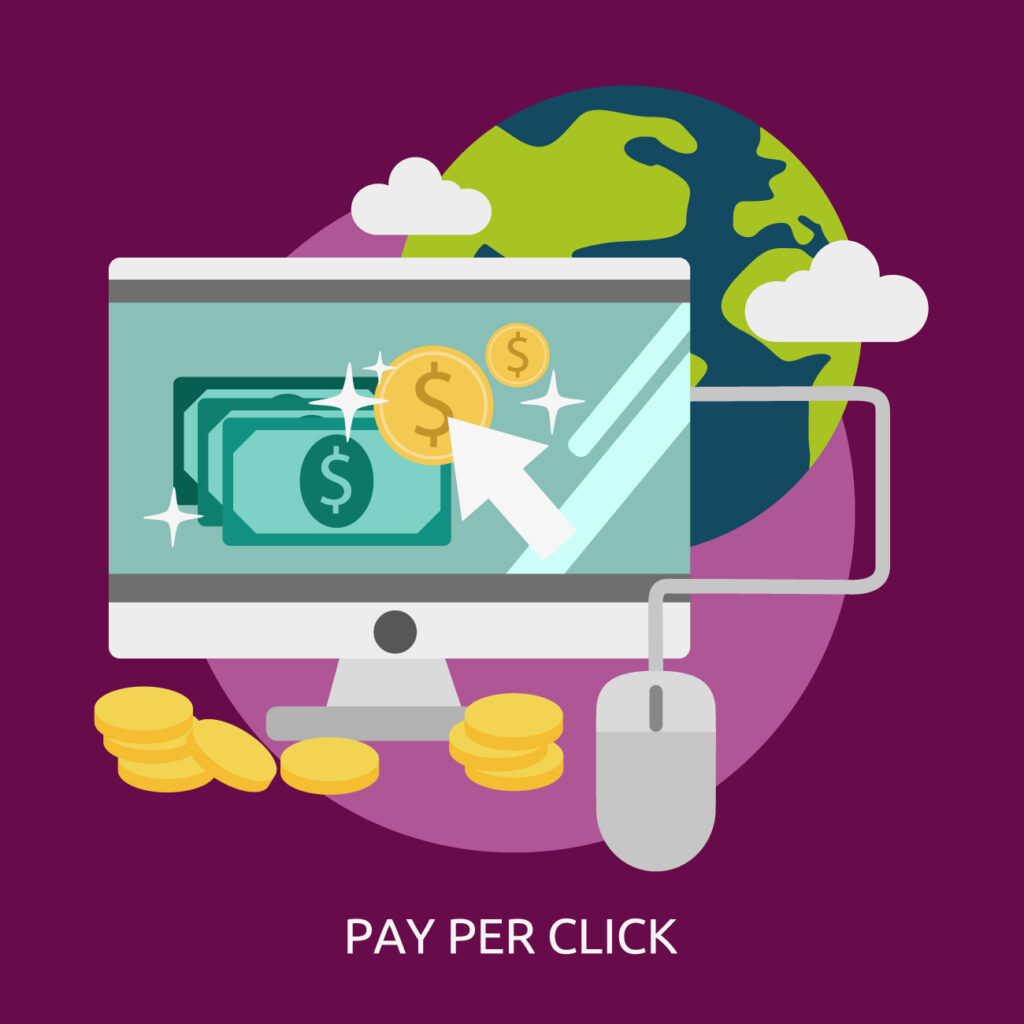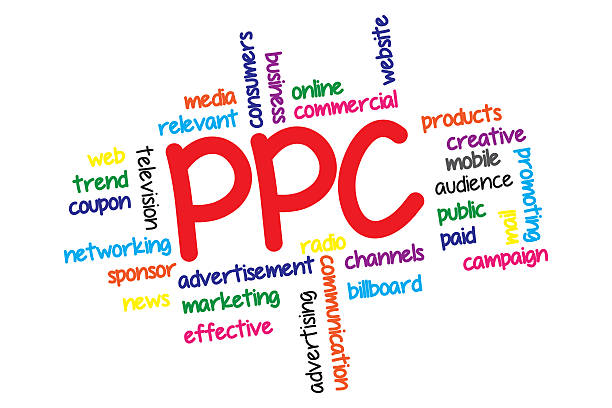Pay-per-click (PPC) optimization is vital for agencies managing ad campaigns. Success in PPC campaigns means better performance, lower costs, and a greater return on investment. This guide will help you understand how to approach PPC optimization, ensuring your agency’s campaigns run smoothly and deliver results.
What is PPC Optimization and Why Does It Matter?
PPC optimization refers to refining pay-per-click ad campaigns to maximize their efficiency. Agencies that focus on PPC optimization can improve ad relevance, reduce wasted spend, and achieve higher click-through rates.
Effective PPC optimization is not just about spending money wisely. It involves targeting the right audience, choosing appropriate keywords, and ensuring the campaign structure aligns with client goals.
Setting Clear Campaign Goals
Why Goals Are the Foundation of PPC Success
Every successful PPC campaign begins with clear objectives. Whether it is boosting traffic, increasing conversions, or building brand awareness, defining your goals helps create a roadmap for success.
For example, an e-commerce client may aim to increase sales, while a local business may focus on driving calls or visits. These distinctions affect every aspect of PPC optimization.
Aligning Goals with Metrics: PPC Optimization
Tracking the right metrics is essential. Popular metrics for PPC campaigns include:
- Click-through rate (CTR): Measures how engaging your ads are.
- Cost per click (CPC): Reflects efficiency in spending.
- Conversion rate: Determines the effectiveness of landing pages.
Choosing the Right Keywords
Keyword Research is Key to PPC Optimization
Selecting the right keywords ensures your ads are shown to the ideal audience. Tools like Google Ads Keyword Planner can provide insights into search volume, competition, and costs.
Types of Keywords to Consider
- Broad match keywords: Reach a wide audience but may attract irrelevant clicks.
- Phrase match keywords: Offer more precise targeting by showing ads to people searching specific phrases.
- Exact match keywords: Provide the most accuracy but may limit traffic.
Pro Tip: Focus on keywords with high relevance and a manageable cost-per-click to strike the right balance.
Structuring PPC Campaigns Effectively
The Importance of Ad Group Organization: PPC Optimization
Well-organized campaigns with tightly themed ad groups ensure better performance. Each ad group should focus on a specific set of keywords, making ads more relevant to searchers.
Ad Copy Best Practices
Writing compelling ad copy is crucial. Include keywords in the headline, provide a clear value proposition, and always have a strong call to action.
Landing Page Relevance
Your landing page should align with your ad copy. If an ad promotes a specific product, the landing page should provide details about that product immediately.

Budget Allocation and Bid Strategies: PPC Optimization
Setting a Realistic Budget
Determining how much to spend can depend on the client’s goals and competition in their industry. Agencies often test different budgets to find the sweet spot for ROI.
Automated vs. Manual Bidding
- Automated bidding: Useful for saving time but may overspend in competitive markets.
- Manual bidding: Offers more control but requires regular adjustments.
Monitoring Return on Ad Spend (ROAS)
Regularly review ROAS to understand whether your campaign generates more revenue than it costs.
Ad Testing and Refinement: PPC Optimization
A/B Testing for Ads
Testing different versions of ad copy, images, and headlines can reveal what resonates with your audience. Even small changes can lead to better performance.
Adjusting Based on Results
Agencies should review data weekly or bi-weekly to make necessary adjustments. For example, if a headline underperforms, tweak it to align more closely with searcher intent.
The Role of Analytics in PPC Optimization
Using Google Analytics for Deeper Insights
Google Analytics can help track user behavior after clicking on ads. This information reveals whether users are engaging with the landing page or leaving quickly.
Key Performance Indicators (KPIs) to Monitor
- Bounce rate
- Average session duration
- Pages per session
These indicators highlight whether landing pages need improvement.
Avoiding Common PPC Mistakes: PPC Optimization
Ignoring Negative Keywords
Negative keywords prevent ads from showing up in irrelevant searches. Adding these ensures that only qualified leads see your ads.
Failing to Adapt to Trends
Search trends change frequently. Agencies should adjust keywords, ad copy, and strategies to stay competitive.

Advanced PPC Strategies for Agencies: PPC Optimization
Remarketing for Better ROI
Remarketing allows you to target users who have already visited your site. This strategy can re-engage potential customers and increase conversion rates.
Geo-Targeting for Local Campaigns
For clients with local businesses, geo-targeting ensures ads appear only to users in specific areas, saving money and increasing relevance.
Balancing Automation and Human Oversight
When to Trust Automation
Automation tools can save time by handling bids and ad placements. However, they require careful monitoring to prevent overspending.
Why Human Input is Always Valuable: PPC Optimization
Human oversight ensures that campaigns remain aligned with client goals and adapt to changing market conditions.
Staying Ahead in PPC Optimization
Keeping Up with Industry Updates
Platforms like Google Ads frequently introduce new features. Staying informed ensures your agency uses the latest tools and strategies.
Continuing Education for Team Members
Investing in training helps your team stay skilled in handling PPC campaigns, leading to better outcomes for your clients.
Conclusion: PPC Optimization
PPC optimization is an ongoing process that combines careful planning, regular adjustments, and a clear focus on client goals. By mastering the basics of keyword selection, campaign structuring, and performance monitoring, agencies can achieve measurable success. Remember, success in PPC campaigns comes from consistent effort, smart strategies, and attention to detail.








